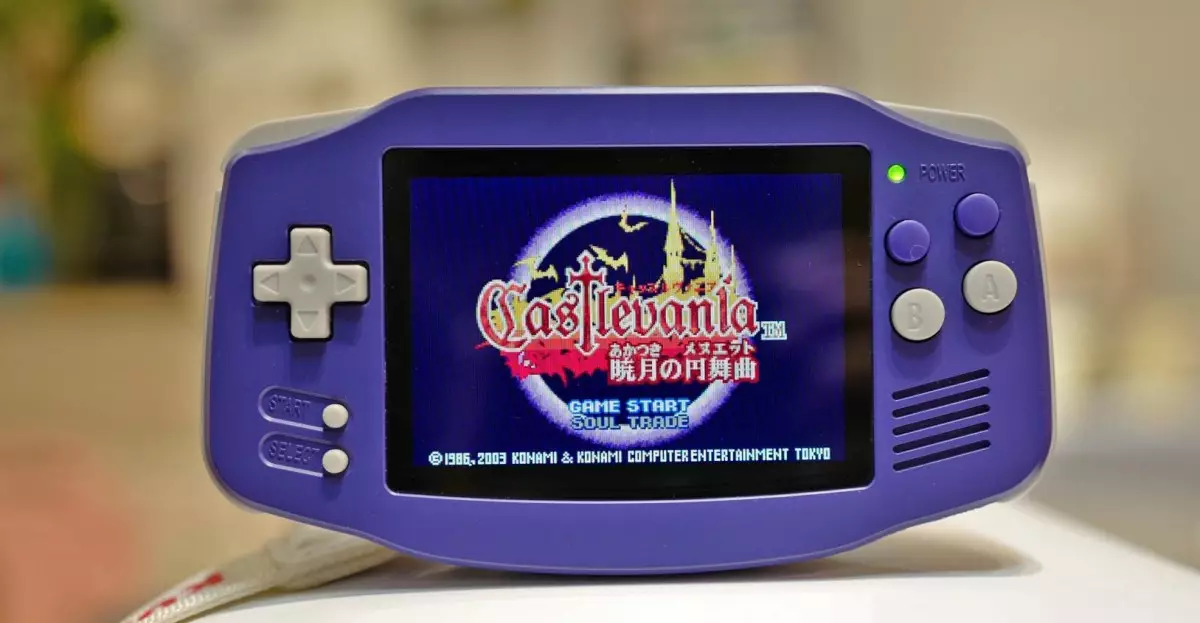The gaming community has recently been handed a bitter pill to swallow as Anbernic, the renowned manufacturer of low-cost game consoles, faces substantial upheaval. Known for its retro handheld devices that emulate iconic gaming systems—especially the beloved Nintendo Game Boy—Anbernic’s viability in the U.S. market has encountered dramatic challenges thanks to impending tariffs. The threat of a staggering 245 percent tax on Chinese imports, as envisioned by the Trump administration, has pushed the company to suspend all shipments from China to the United States indefinitely, raising sobering questions about how this will reshape the landscape of affordable gaming.
Inside Anbernic’s Response to Tariff Challenges
Anbernic’s decision to halt U.S. shipments is telling of broader concerns across the industry. As tariffs are set to roll in, even companies like Anbernic, which typically leverage low-cost Chinese manufacturing to keep prices down, are left scrambling for solutions. The company officially informed customers of this suspension, advising them to consider purchasing from its U.S. warehouse instead, which remains unaffected by these exorbitant tariffs. This pivot to prioritize U.S. inventory reflects not only a financial strategy but also a response to uncertainty surrounding tariff enforcement.
Interestingly, Anbernic already had a dual-shipping strategy in place, allowing customers to choose between having their products shipped directly from China or from a U.S. warehouse. This model was designed to provide consumers with faster shipping times and reduced risks related to customs duties. However, the latest announcement signifies a notable escalation in the battle over Chinese goods entering the United States, leading the company to conditionally restrict availability from its primary manufacturing hub.
The Cost of Retro Gaming: A Dystopian Future?
Anbernic’s handheld devices have been celebrated for their affordability, generally priced around $70, but the proposed tariffs echo a darker future. If implemented, these tariffs could obliterate the low-cost structure that has made Anbernic’s products accessible to countless gamers eager for a nostalgic experience without breaking the bank. The discontinuation of shipments from China sets a precarious precedent for other similar companies that cater to retro gaming enthusiasts—a niche market that thrives off affordability.
In this climate, it’s worth exploring the implications for consumer choice. With third-party sellers, like Amazon, continued to carry Anbernic’s offerings, one must question the sustainability of such pricing; if Anbernic cannot fulfill orders directly, will these third-party platforms maintain the same low price points? The absence of Anbernic’s direct sales may lead to inflated costs and potentially a diminished variety of products available to American consumers.
Wider Implications for Independent Gaming Companies
While the primary focus rests on the impact this tariff will have on Anbernic, one must consider the broader implications for independent gaming companies navigating similar terrains. There is a palpable atmosphere of trepidation within the community, especially among small- to mid-sized companies that rely heavily on overseas manufacturing to cut costs. The proposed tariffs threaten to disrupt business models that have taken years of refinement to develop. Opting out of providing affordable gaming alternatives could lead to a void in the market, leaving consumers with fewer options.
Interestingly, the political machinations behind tariffs often lack foresight regarding grassroots impact. The threat to cherished hobbies and experiences reveals a troubling misalignment between policy and everyday lives. As retro gaming has surged in popularity, tariffs may drive a wedge between enthusiasts and their favoured devices, leading to disenchantment and reduced engagement from a demographic that thrives on community sharing and nostalgia.
The Future of Affordable Gaming: A Call to Action
In light of these challenges, it’s essential for consumers and advocates within the gaming community to channel their voice against restrictive policies that undermine affordable access to beloved gaming experiences. The unique, vibrant community that surrounds retro gaming flourishes due to its inclusive nature, making it vital to protect it from corporate and political agendas that prioritize profit margins over cultural and recreational accessibility. Standing in solidarity with brands like Anbernic will not only save affordable options but also contribute to preserving a culture that celebrates the joy of gaming across generations.

